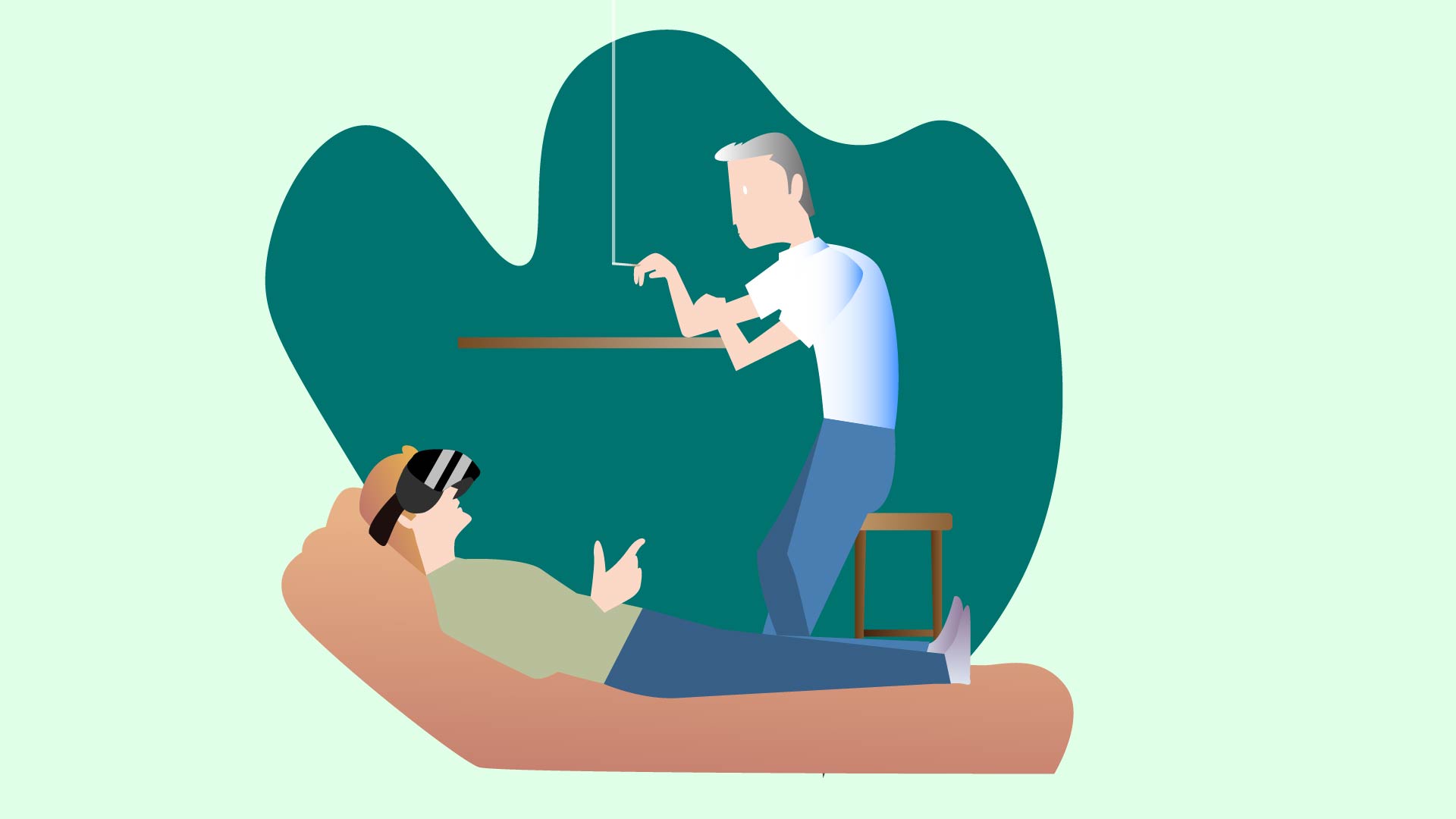We are better at giving advice to a friend than we are to ourselves. This age old idea is called ‘Solomon’s paradox’ (named after the biblical king who gave remarkably wise advice to others but was surprisingly unwise in his own conduct, turning to idolatry and other ‘sins’). If only we could swap places with a friend during a personal crisis, we would all fare much better.
Study by a group of researchers led by Mel Slater suggests we may have discovered a way to do just that.
Participants (N=58) offered themselves counselling by alternating between their doppelganger’s and a psychotherapist’s POVs in Virtual Reality. They first explained their problems to a virtual Freud (psychotherapist in this case), then saw and heard the explanation from their doppelganger after switching places with Freud. They then provided advice from the embodied perspective of Freud to their doppelganger.
This self-dialogue produced a greater perception of change in thoughts and feelings of participants when compared to an intervention where participants merely talked to a scripted Freud character. The authors think that this alternating role technique could be a viable strategy for self-counselling.
Read more about the study here.








